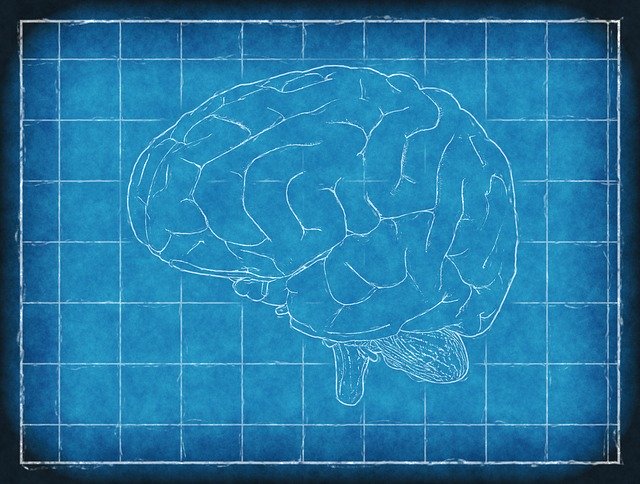The volume and structure of different parts of the human brain change when people spend several months in low-gravity conditions in space. A new study claims that these changes are due to the plasticity of our brain to adapt to new conditions.
A group of researchers from Australia, Belgium, Germany and Russia studied the brain structure of 11 Russian cosmonauts who spent an average of 171 consecutive days on the International Space Station (ISS).
The scientists performed a diffusion MRI of the brain three times on each of the cosmonauts before they went into space, shortly after they returned, and about seven months after they returned to Earth.
Overall, the results of the study, published in Science Advances, confirmed previous research data: after a long stay in space, the volume of grey matter in various areas decreases and the brain’s ventricles expand and there is more cerebrospinal fluid in them.
However, the experiment showed that the total amount of grey matter was not decreased, and seven months after returning to Earth, it was redistributed in the brain in the same way as before space flight.
The authors concluded that the temporary change in gray matter position in these brain areas was mainly due to the behaviour of the cerebrospinal fluid, and no notable neurodegeneration was observed in this case.
After a long stay in the ISS, the volume of white matter increased in the areas responsible for controlling movement and feeling the position of different parts of the body in relation to each other.
Most likely, according to the researchers, it is not a consequence of microgravity itself, but a manifestation of the plasticity of the brain, its ability to adapt to the functioning of the body under new conditions.
Earth’s gravity has a significant effect on human movements, and when it almost stops working, the control of movements and body sensations change, so certain changes are observed in the brain.
In addition, before and after the space flight, the scientists checked the vision of the cosmonauts because it often diminishes due to the long stay under microgravity conditions.
Interestingly, the Russian cosmonauts did not have the neurovascular syndrome, which includes decreased visual acuity. This is probably due to differences in post-flight rehabilitation programs in different countries.
